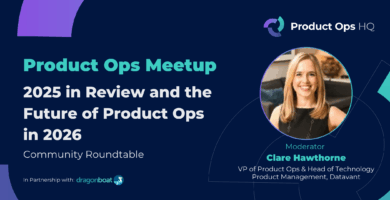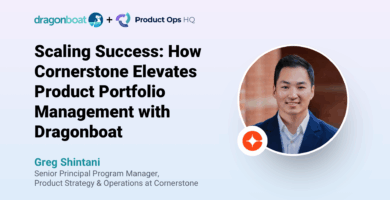Events • On Demand | Watch Time: 26 min 17 sec
Accelerating your Career Growth
ACCELERATE 2023: Virtual Summit for Product Leaders by Dragonboat
“You’ve built products, but have you built relationships?”
Deborah Liu, CEO of Ancestry joined us at ACCELERATE 2023 for a session on accelerating your career growth. Hear Deborah’s advice on growing from a product management role into a product executive role, and how to achieve and sustain success along the way. She also shares the skillsets, mindset shifts, and transitions necessary for both professional and personal growth.
Watch Deborah’s session on-demand now to hear firsthand advice and candid tips to grow in your product management career.
Featured Speaker

Deborah Liu
CEO of Ancestry
One of the most respected product and business executives in tech, Deborah has built and scaled products and businesses at Facebook, PayPal, and eBay. Deborah is also a co-founder of Women in Product and on the board of Intuit.


